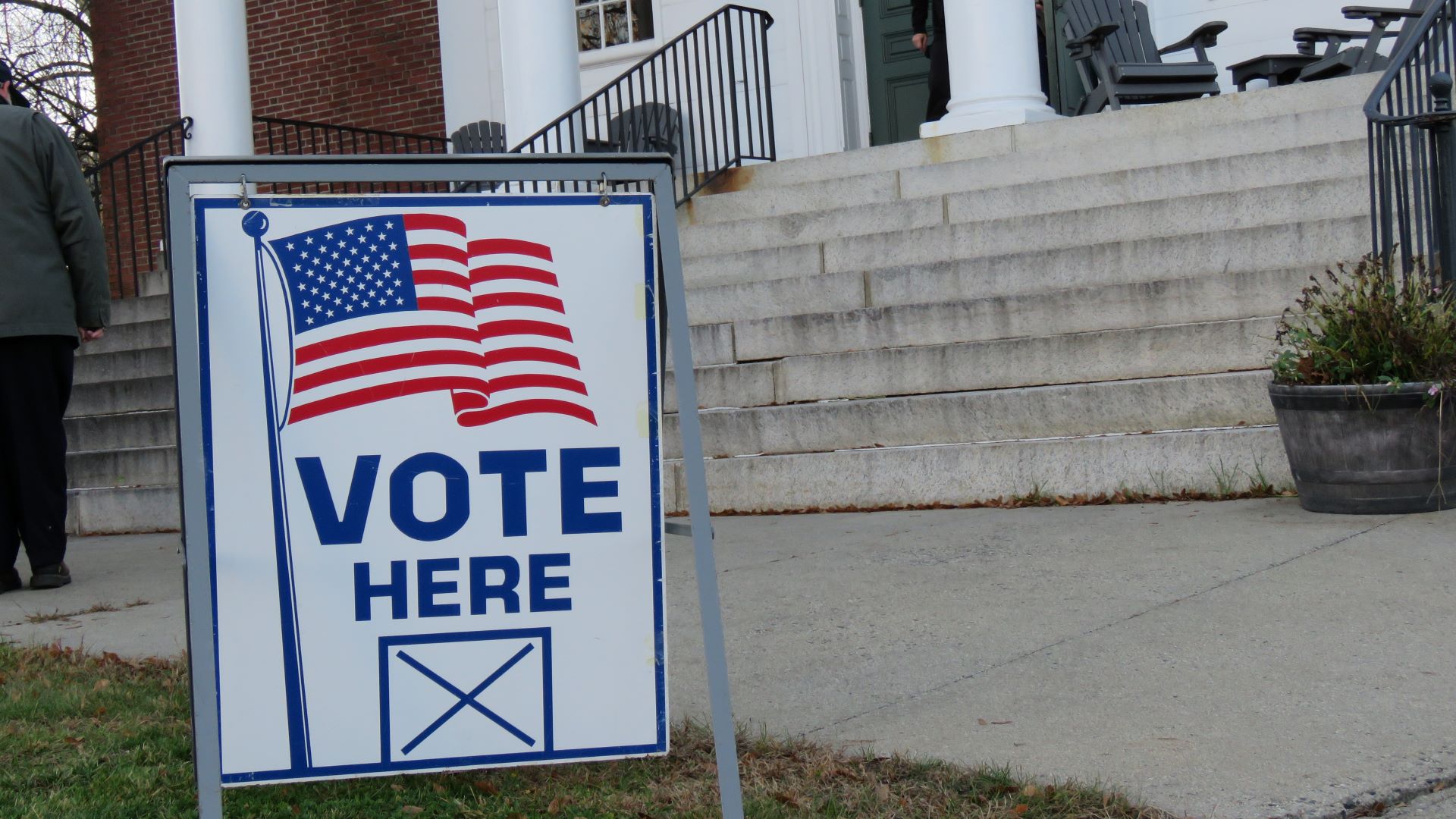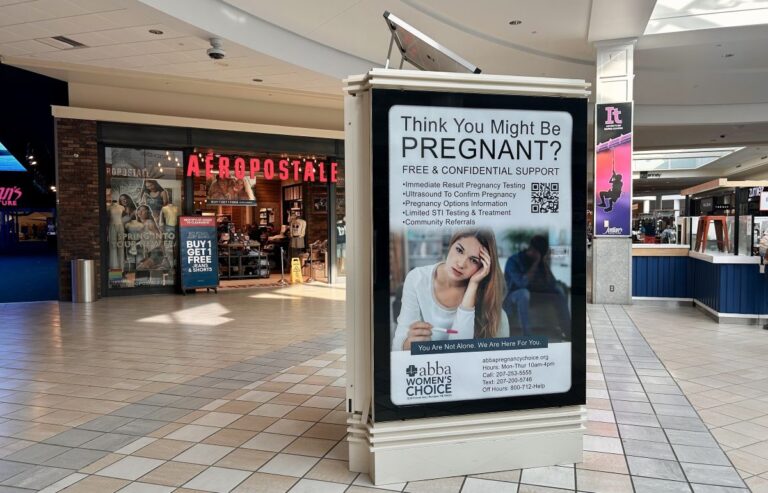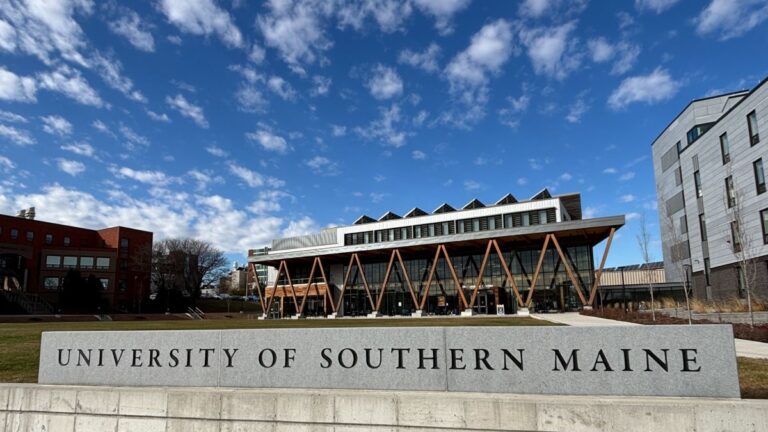Voters in American presidential elections often face a choice between two major party candidates that many find unappealing. Think Gerald Ford versus Jimmy Carter in 1976, George H.W. Bush versus Bill Clinton in 1992, George W. Bush versus Al Gore in 2000, Hillary Clinton versus Donald Trump in 2016.
But never have voters expressed such distaste to pollsters as they are now, in contemplating what seems an inevitable contest between President Joe Biden and former President Donald Trump.
Polls reveal that as many as one-third of potential voters dislike both candidates. Each is disliked more by voters in the other party, but according to a recent NPR/PBS NewsHour/Marist poll, approximately one Democrat in five and one Republican in five is “not at all satisfied” or “not very satisfied” with their own party’s likely nominee.
Biden is viewed as old, out of touch and not up to the job; Trump is viewed as corrupt, likely to have acted illegally and certainly unethically in the aftermath of his 2020 election defeat.
In the past, when the public has expressed dissatisfaction with the two candidates, third-party or independent challengers have emerged.
In 1992, H. Ross Perot of Texas ran as an independent and garnered 20% of the vote, winning no states but finishing second to Clinton in Maine. In 2000, notoriously, Ralph Nader ran as the Green Party candidate; while he received only 2.7% of the vote, the 97,500 votes he received in Florida, if they were reallocated logically among Bush, Gore and not voting for either, would likely have been enough for Gore to overcome his 537-vote deficit and claim Florida’s electoral votes, and thus the presidency.
And therein lies the problem of third-party or independent candidates running because voters are dissatisfied with the major party nominees. To win any electoral votes — and only electoral votes count in determining the president — a candidate must win a plurality of a state’s votes. The exception is Maine, the only state to allocate electoral votes using ranked choice voting.
The last non-major party candidates to win electoral votes were George Wallace of Alabama, who won five southern states in 1968, and Harry Byrd of Virginia, who won Alabama and Mississippi in 1960 when the Democratic nominee, John F. Kennedy, was not on the ballot in those states. In both cases, Democrats in the then-solidly Democratic South were not satisfied with the civil rights record of their national nominee.
Interestingly, in 1948 there were two minor party candidates, Dixiecrat Strom Thurmond of South Carolina and Progressive Henry Wallace of Iowa. Thurmond believed President Harry Truman was too liberal on civil rights, and Wallace thought Truman was too confrontational on the Cold War and not liberal enough. They each polled approximately the same number of votes, less than 3%, but Thurmond won four states and 39 electoral votes to Wallace’s none, because Thurmond’s supporters were concentrated in the South while Wallace’s were spread throughout the nation.
What does this tell us about the 2024 election? Voters’ historical levels of dissatisfaction with the two major party nominees again has led to additional candidates.
Robert F. Kennedy, Jr., the iconoclastic son of the senator and presidential contender from New York who was assassinated in 1968, announced he would challenge Biden for the Democratic nomination, then withdrew and said he will run as an independent. He has raised more than $13 million and is garnering a great deal of press attention.
Cornel West, an African-American professor, philosopher and liberal political activist, originally sought the Green Party nod but also has declared he will run as an independent. While he has not raised as much money nor drawn as much attention as Kennedy, he recently received a maximum donation from Harlan Crowe, the prominent Republican donor and patron of Clarence Thomas.
Significantly, No Labels, a centrist political group, is seeking to qualify for the ballot to run a unity ticket, a Republican running with a Democrat, in response to the dissatisfaction with Biden and Trump.
The Biden and Trump campaigns are each concerned about these candidacies. Their fears, enhanced by recent polling, is that these candidates will alter results in the eight tossup states that will determine the election — Arizona, Florida, Georgia, Michigan, Nevada, North Carolina, Pennsylvania and Wisconsin. What they really fear is the impact of these candidates is unpredictable.
Polling shows that Biden picks up support over Trump, in the range of 4% nationally, if Kennedy is given as an alternative; Kennedy polls between 10 and 17%, depending on the poll. A three-way race among Biden, Trump and West moves in Trump’s direction when the results are compared to a two-way race, though West’s support has stayed under 5%.
The impact of a No Labels ticket is difficult to assess because it clearly would depend on who becomes the nominee. Its own polling shows that a unity ticket with a Republican (like former Maryland Governor Larry Hogan) would help Biden, whereas one headed by a Democrat (like West Virginia Senator Joe Manchin) would help Trump. Polling also shows a unity ticket could win as many as five states.
All of these numbers should be viewed skeptically. We are still a year from the election. Minor party nominees always lose support as the election approaches because voters become afraid of taking votes from a candidate with a real chance of winning.
Too much is still unknown — whether Trump will be convicted in one of his four criminal trials; how the economy will move; whether the Middle East will explode further; and whether any prominent leader would accept a No Labels nomination. Pollsters have not even attempted to include every possible combination of candidates, certainly not at the battleground state level.
But any of these scenarios — a result altered by the presence of a conspiracy theorist like Kennedy or a social democrat like West, or a significant effort by No Labels that could deny either major candidate a majority of the electoral votes and throw the election into the House of Representatives — should raise fears in all of us.
Trump and the irresponsible election-deniers who followed his lead have raised alarms among their followers over the legitimacy of the election process — unfounded fears but fears nonetheless.
Another election rife with controversies, especially one thrown to the House of Representatives, where each state would have one vote and recent events have shown rationality to be in short supply, could further undermine citizen faith in the process.
And that would put our democracy in even greater peril.







